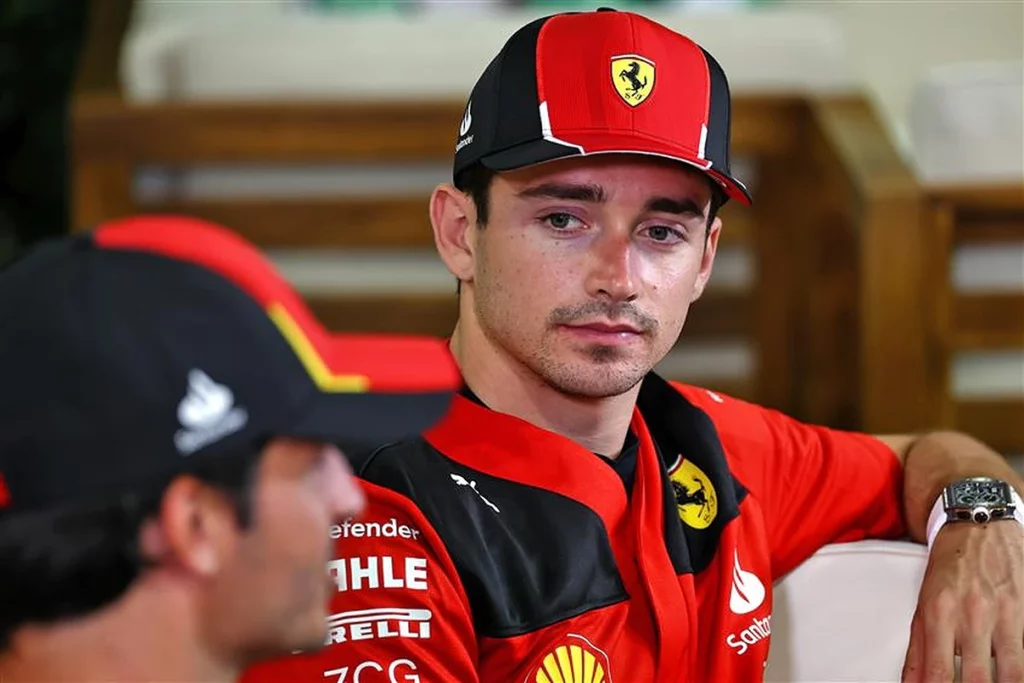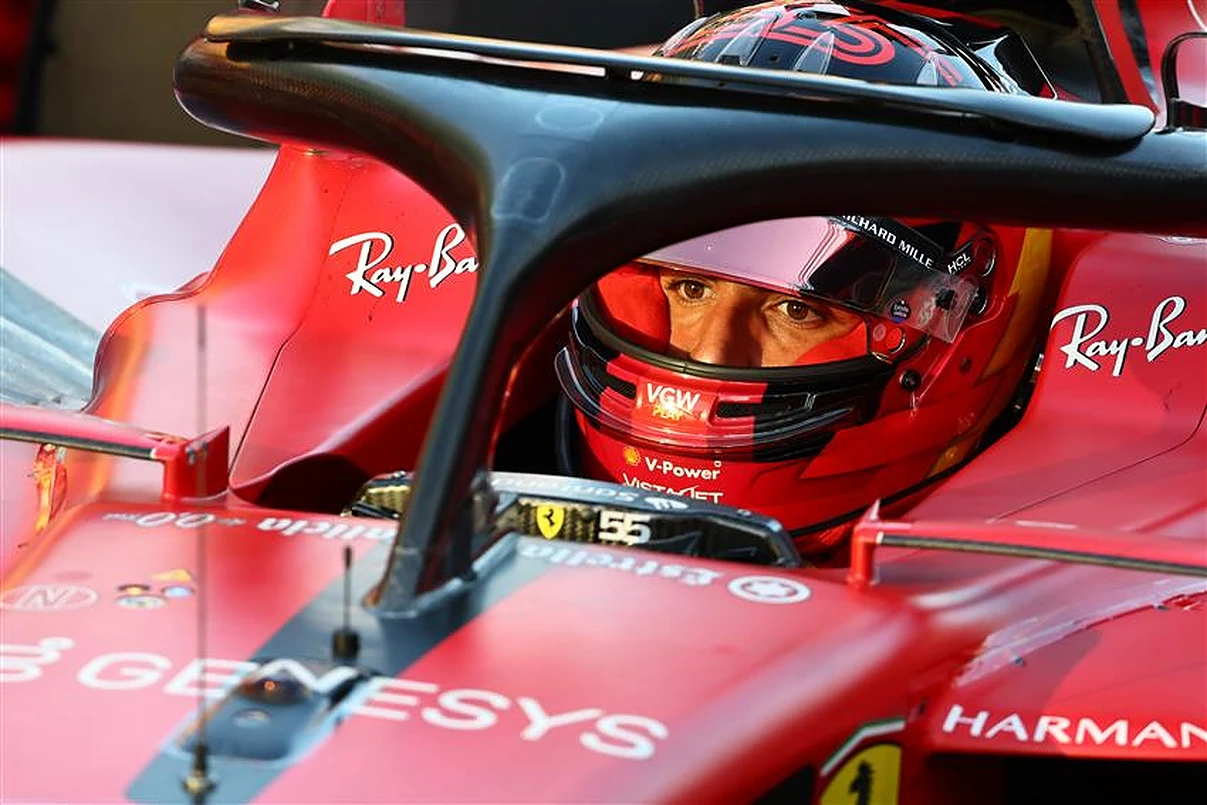Celebrity Formula 1 aficionado Jeremy Clarkson has recently expressed his concerns over the ease of handling modern grand prix cars, triggered by Carlos Sainz’s remarkable victory at the Australian Grand Prix. Sainz, a Ferrari driver, secured his third career win at Albert Park, merely two weeks after being sidelined due to appendicitis, missing the Saudi Arabian Grand Prix.
Despite undergoing appendix surgery shortly before the race, Sainz demonstrated resilience, sharing that he faced significant discomfort but managed to perform without pain during the Melbourne race.
His successful return and ability to compete at a high level led Clarkson to question the supposed difficulty of driving F1 cars today.
In his column for The Sun, Clarkson highlighted the discrepancy between the perceived challenge of piloting an F1 car and Sainz’s ability to win a race so soon after surgery.

READ: Toto Wolff Reveals Behind-the-Scenes Talk with Lewis Hamilton on Shock Ferrari Move
He wrote, “Just a few days after having his appendix out, Ferrari Formula 1 driver Carlos Sainz flew to Australia, climbed into his car and won the race… Which leads me to believe that walking up to a Formula 1 car is actually harder these days than driving it.”
This statement reflects Clarkson’s skepticism towards the modern narrative surrounding the physical demands of F1 racing.
Sainz was not the first driver to face such a challenge; Williams driver Alex Albon also missed a race due to appendicitis 18 months prior and returned to racing three weeks later.
READ: David Coulthard Sends Surprising Warning to Alex Albon
Albon’s experience, marked by a brief stint of respiratory failure post-surgery, offered Sainz insights into the unique physical sensations associated with driving post-appendectomy, particularly under high G-forces.
Clarkson, who had the honor of waving the chequered flag at the Bahrain Grand Prix earlier in the season, inadvertently found himself spotlighting another driver due to a mix-up, further coloring his recent engagement with the sport.
His critique comes amid personal involvement in F1 events, underpinning a broader commentary on the evolving nature of the sport and its demands on drivers.

